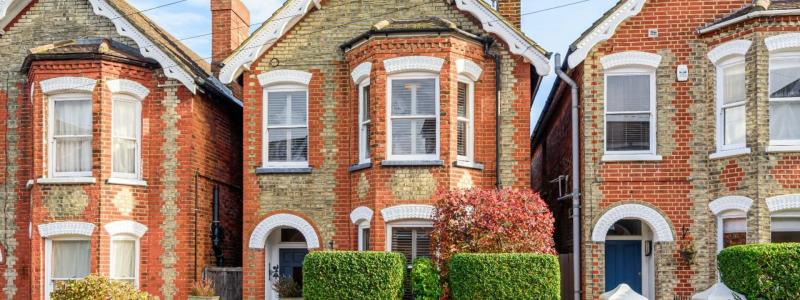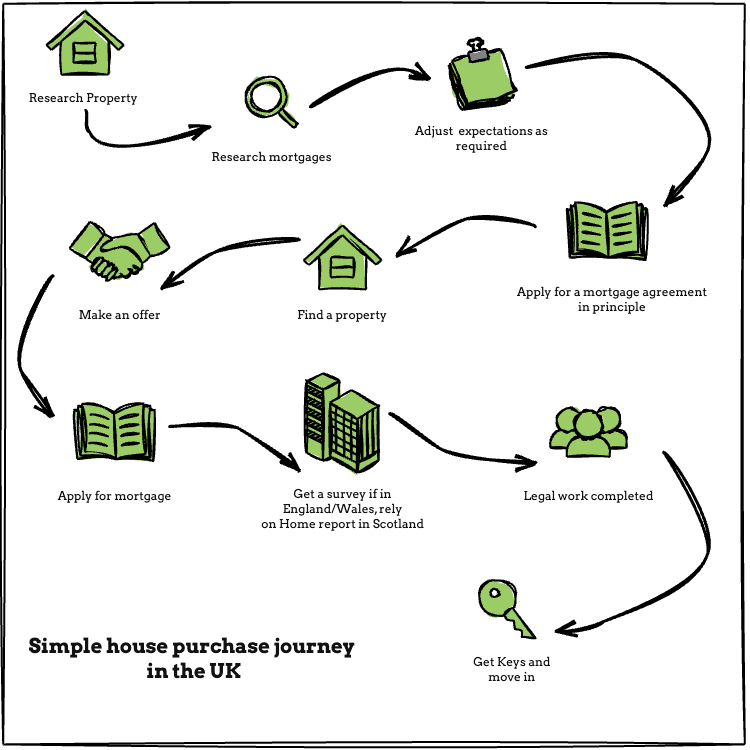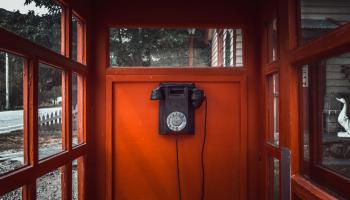July 15, 2025
Buying a Home in the UK – A Realistic Journey
It's easy for me to forget that many people don't understand the home-buying process, as evidenced by the questions I receive on this site. Here is a simplified journey for those who need it.

There’s often joy in the idea of looking for a new home. The problem? That joy has a habit of disappearing quickly once things start to go wrong, and they usually do.
Some markets are quiet, and you might find a gem. Other times, you’ll feel like you’re in a constant bidding war, losing out to dozens of others on every property you see. It’s exhausting.
The costs mount, the hope fades, and without a home to show for it, it’s easy to feel disheartened.
I’ve been through this process more than once, many of us have, and yes, it’s frustrating. But eventually, you do find something. It often involves compromise, but you’ll get there.
A visual journey
If you’re more visual, here’s a simplified diagram. It doesn’t cover every detail but gives a good high-level view of the journey.

Research property
I always start with researching properties. Some people ask why I don’t begin with mortgage research to figure out what I can borrow, but here’s the thing: most of us look for what we want, not what we can afford. That’s just human nature. It’s tough to change someone’s mindset until reality sets in, so I find it’s better to let that process unfold naturally. People usually need to see what’s out there and then confront the affordability limits. Get the dreaming phase out of the way early, then adjust.
- Do you want a house or flat? Detached or semi-detached?
- How many bedrooms?
- Garden? Parking?
- Which areas are in your “no-go” zone?
Use sites like Rightmove to check sold prices. It’s critical. That £200,000 property listed in Croydon—or offers over £200,000 in Scotland, might actually go for £220K or even £240K, depending on demand.
Now imagine this: A lender values it at £200,000 and offers you 80%, that’s £160,000. If offers go up to £240,000, you need to cover the £80K gap. That’s a big ask if you’re not prepared.
Research mortgages
Once you know where you want to live and the kind of property you’re after, start looking into mortgages.
This is often where reality bites. You might only be able to borrow £160K and realise you need to either save more or lower your expectations.
And honestly? That’s fine. Better to pause and regroup than settle for a home you don’t want.
Adjust expectations
You now know:
- What you want
- What you can afford
Sometimes these match up. Sometimes they don’t. If they don’t, it’s time to revisit your property search with fresh eyes.
Applying for a mortgage in principle
The name varies:
- MIP – Mortgage in Principle
- DIP – Decision in Principle
It’s a lender’s way of saying, “Yes, we’ll probably lend you this amount, subject to a proper check and a suitable property.”
This gives you the confidence to go house hunting with a figure in mind.
Find a property, make an offer
This part is often the most frustrating.
If you’re buying a new build, it’s relatively straightforward, prices are set, and if you’re fast enough, it’s yours.
But when it comes to existing properties in popular areas? That’s a different story.
Here’s a recent personal example:
I listed a flat in a good location. In four days, I had over 30 viewings and multiple offers above the valuation. I ended up accepting an offer 24% higher than the home report value in Scotland.
Great for me. Not so great for the first-time buyers who had no chance of getting near it. Many of them would likely drop out of the house hunt entirely after that.
That’s the reality of a hot market, but don’t let it break you. You’ll face setbacks, but you only need to get lucky once.
Beyond the winning bid
Once your offer is accepted, much of the heavy lifting shifts to your lender, broker, and solicitor.
From here:
- They’ll carry out the survey (in England/Wales, Scotland has the Home Report)
- You’ll apply for your full mortgage
- Legal work gets done
- You transfer your deposit
- You wait…
Then one day, you’ll get the call: Your keys are ready.



Comments (0)
Want to comment on this page? Login or Register.